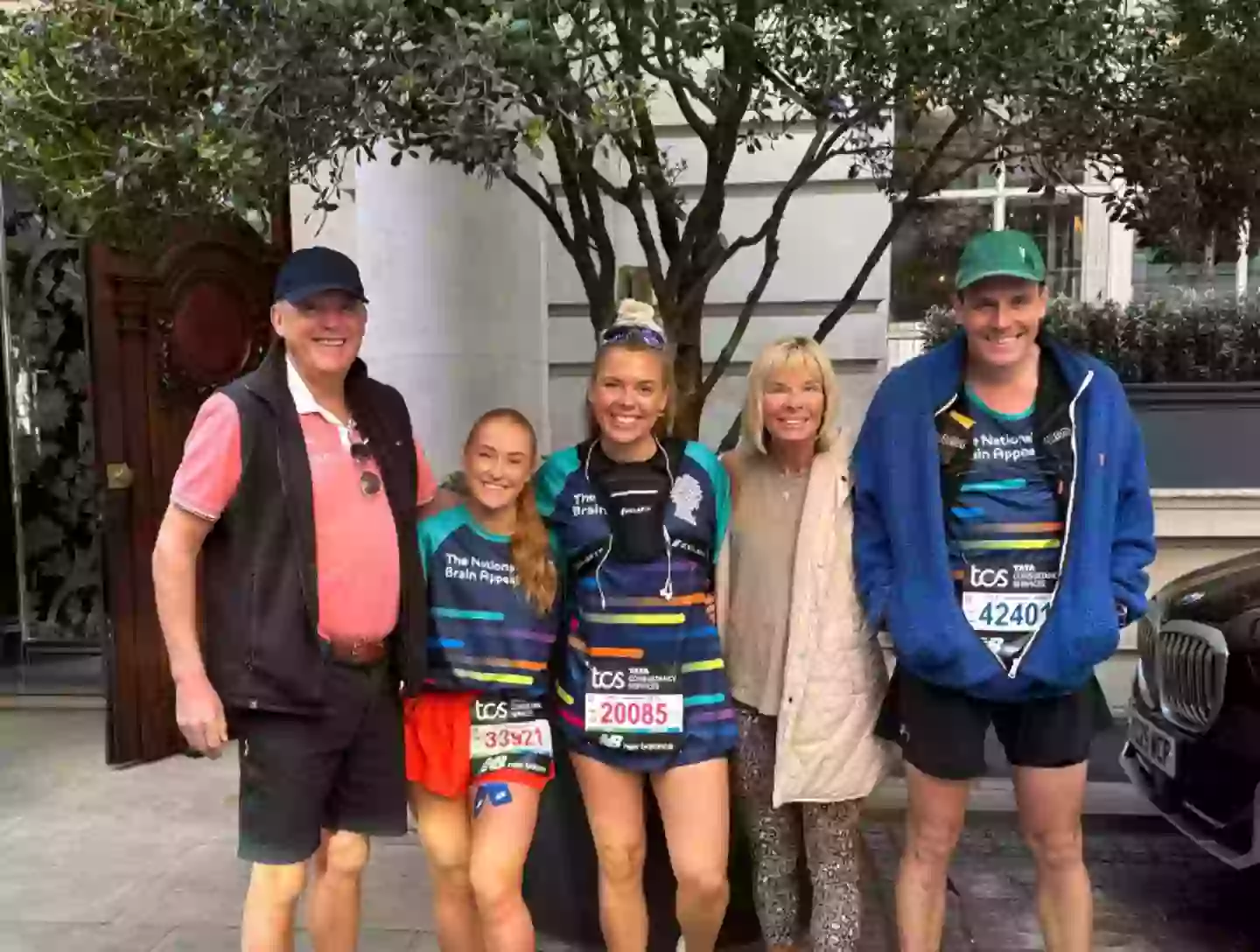Gemma Illingworth’s story shatters all stereotypes about dementia being an “old person’s disease.” Diagnosed at 28 with posterior cortical atrophy (PCA), Gemma faced symptoms most associate with much later in life – visual disturbances, spatial disorientation, and eventually complete loss of mobility and speech.

Her siblings Ben and Jess remember how subtle the early signs were. During lockdown, Gemma struggled with her computer screen, but they assumed it was just her usual quirky self needing extra help. “We were in denial,” Jess admits now. “No one imagines their sister in her twenties could have such a horrendous disease.”

PCA, sometimes called Benson’s syndrome, is a rare visual form of Alzheimer’s that attacks the brain’s ability to process what the eyes see. UCSF explains patients often visit eye doctors first, unaware the problem originates in their brain. For Gemma, the progression was heartbreakingly swift – from giving up work to needing full-time care within months.
Before her passing last November at 31, Gemma’s family made it their mission to raise awareness. Ben and Jess recently ran the London Marathon to fund research and support through Rare Dementia Support. Their message is clear: dementia doesn’t discriminate by age, and early detection matters – even when symptoms seem minor.


